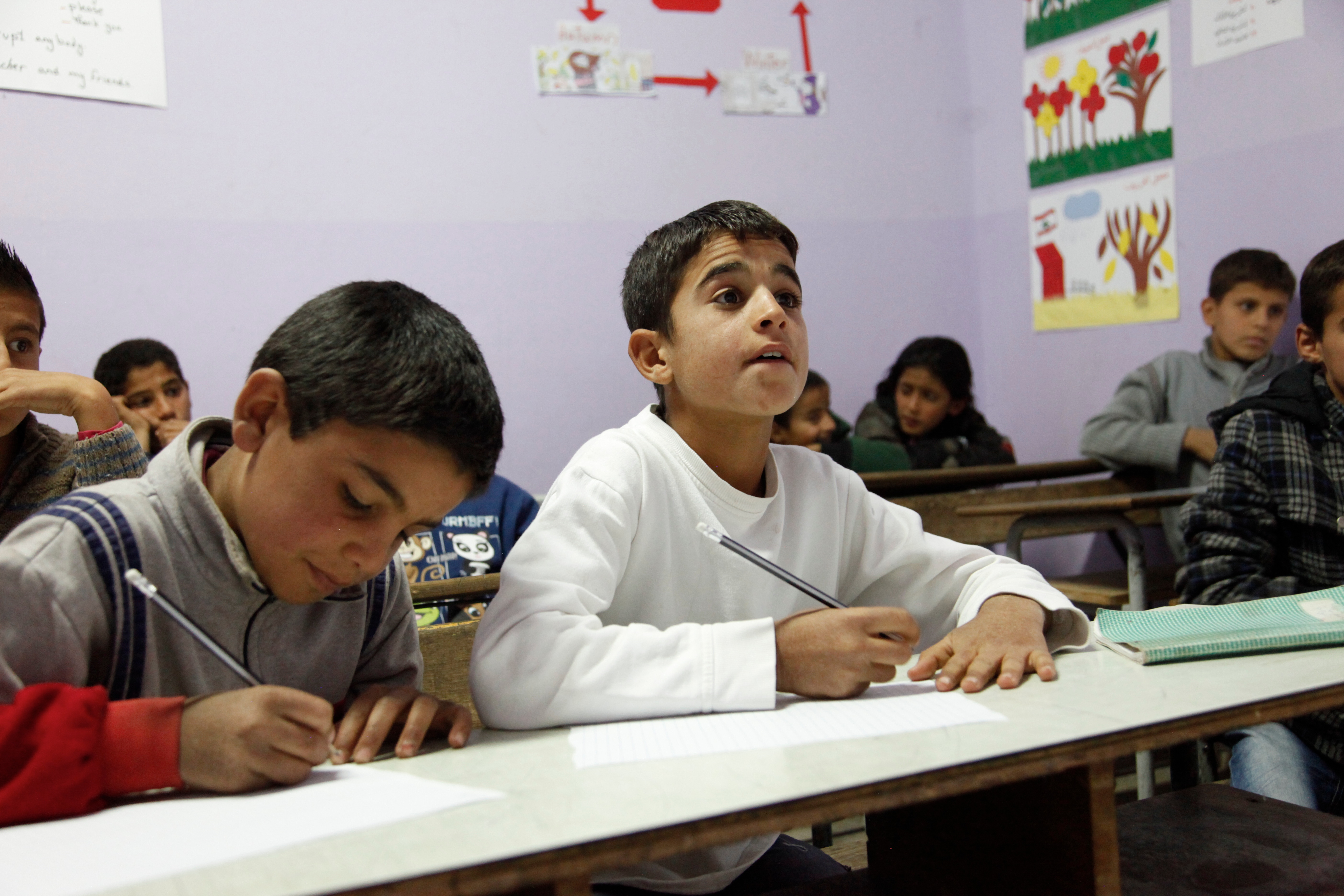Thank you for visiting
Please note that this is a post about a presentation or publication opportunity in the past. The content below is no longer current, and it is retained here for archival purposes only.
You can find more up-to-date information about upcoming applied linguistics and (English) language teaching conferences and publications by clicking on the button below:
Bilingual education and Content and Language Integrated Learning (CLIL), a teaching approach that fuses foreign language learning and the teaching of other subjects, are often associated with relatively well-resourced teaching contexts, such as the ones found in Western Europe. However, an upcoming book edited by Elizabeth Erling and John Clegg aims to challenge this perception, and the editors of the book are keen to receive your chapters exploring aspects of multilingual education in low-resource settings.
The book
The edited collection, entitled Multilingual Learning in Low-Resource Contexts: Opportunities and Obstacles, will look into diverse ways of integrating content and linguistic aims, which are encountered in settings where teaching and learning resources are relatively more scarce.
The book is scheduled to appear in the new series on Language and Content Integrated Teaching & Plurilingual Education (Routledge), which is edited by Angel M. Y. Lin and Christiane Dalton-Puffer.
As stated in the call for abstracts:
The aim of this volume is to provide a state-of-the-art collection of research about the role of language in content learning in schools in a wide range of low and middle income countries and other low-resource contexts. The focus will be on educational practices and pedagogies to support content learning and also the learning of dominant language(s). Chapters will focus on policies and practices that have emerged organically or through educational interventions to support learning. They will also explore various models of multilingual or plurilingual education and the opportunities and challenges in their implementation with regard to policy, practice and attitudes.
Call for abstracts
The editors of the book are keen to receive proposals for empirical chapters with a theoretical grounding, which address different aspects of multilingual education.
Some possible chapter topics listed in the call for abstracts include:
- the relevance of various linguistic and pedagogical concepts to low-resource contexts (e.g., CLIL, codeswitching, mother-tongue-based multilingual education, plurilingual education, translanguaging, etc.);
- the role of (flexible) multilingual or plurilingual learning and language supportive pedagogies in achieving inclusivity, equity, quality and lifelong learning;
- interventions which have sought to resist inflexible language policies and/or enhance content and language learning in low-resource contexts;
- multilingual or plurilingual classroom discourse in content learning in low-resource contexts;
- the creation and evaluation of multilingual resources for teaching content and language;
- practices supporting fair and reliable assessment of content knowledge within L2-medium, multilingual and plurilingual education contexts;
- material and ideological challenges to implementing multilingual or plurilingual education approaches and language supportive pedagogies;
- research explorations of whether educational research in low-resource contexts substantiates the findings of research from high-resource contexts;
- considerations of whether and, if so, how multilingual education can be effectively implemented in low-resource contexts;
- ways in which development agencies, international organisations, and all stakeholders in education can better consider the role of multilingualism and medium of instruction in educational interventions, international assessments and policy reform.
For more information, you can download the full call for abstracts here.
How to contribute
If you are interested in contributing a chapter to the volume, the editors would like you to submit a 300-word abstract to Beth Erling (elizabeth.erling[at]uni-graz[dot]at) by 21st October 2018 1st December 2018.
Also, do feel free to use the social sharing buttons below to share this among anyone who might be interested!
Update (11th September 2018): Revised submission deadline.

Leave a Reply